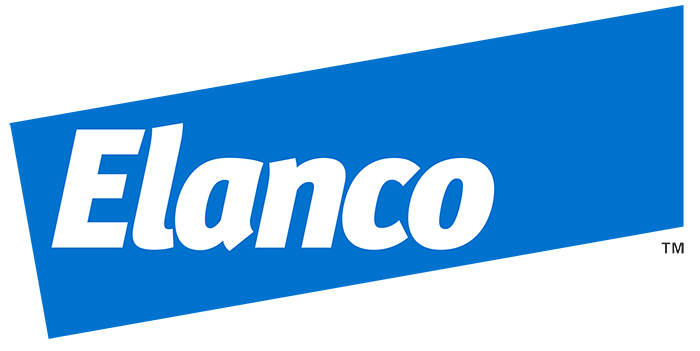Elanco Animal Health Incorporated recently announced that it is now a fully independent company, becoming the second largest exclusively dedicated animal health company in the world.
Last September, Elanco listed on the New York Stock Exchange and on March 11, Eli Lilly and Company, Elanco’s former parent company, completed the divestiture of its ownership.
Elanco’s independence is a result of its diversification of the business and expansion of its global footprint – from largely a U.S. and livestock focused business to an even split between U.S. and international sales. Furthermore, the company built a strong pet business that now accounts for a third of the company globally.
“This is a historic day for everyone at Elanco,” said Jeff Simmons, Elanco’s president and chief executive officer. “It reflects our team’s hard work over the past two years, the confidence that we have the right strategy and are successfully progressing the execution against it.
“With this milestone behind us, we look forward to a singular focus delivering innovative solutions and services for our customers – the farmers, veterinarians and pet owners that are central to our success. We welcome our new Elanco shareholders who join us and offer our appreciation to our customers, and Lilly for the decades of support.”
Tina Hunt, Elanco’s general manager UK & Ireland, said that a fully dedicated animal health company, Elanco will continue to identify targeted innovations to deliver on its promise to rigorously innovate to benefit farmers, pet owners, veterinarians and the animals in their care, as well as optimising its product portfolio with product line and geographic extensions.
She said: “Today marks a new chapter in Elanco’s history as we start our journey as an independent animal health company,.
“We recognise that pet ownership has grown 5% in developed markets, and up to 50% in emerging markets over the past decade. We also understand the challenges of the global protein demand. We can’t meet growing demand simply by adding animals, we must raise our livestock animal more efficiently.”


